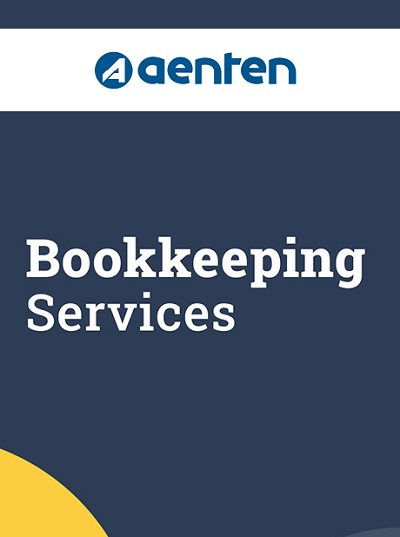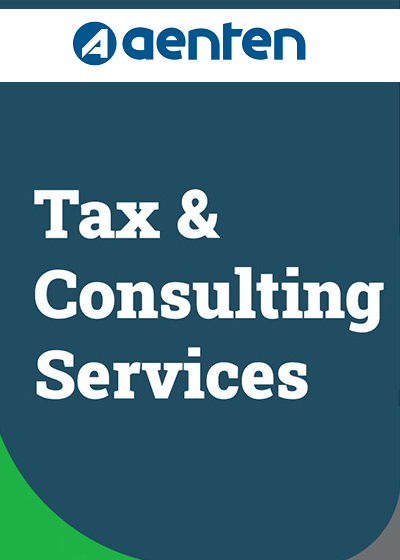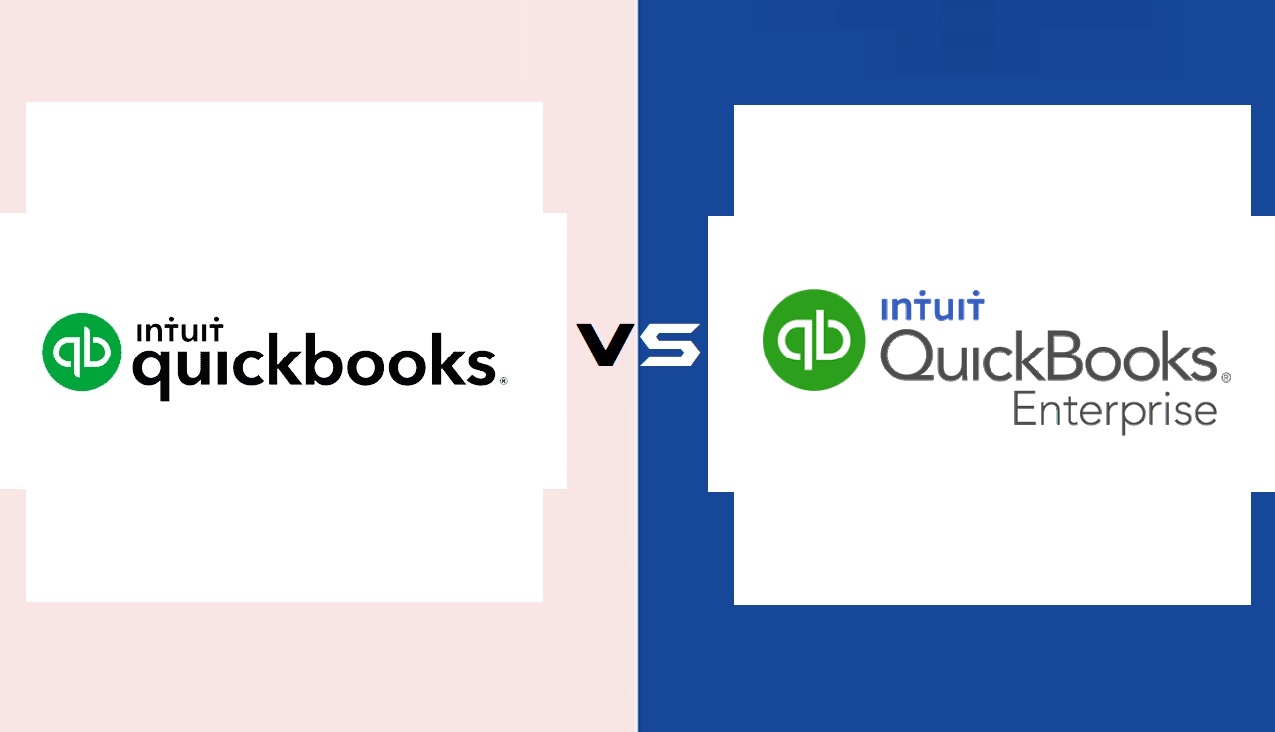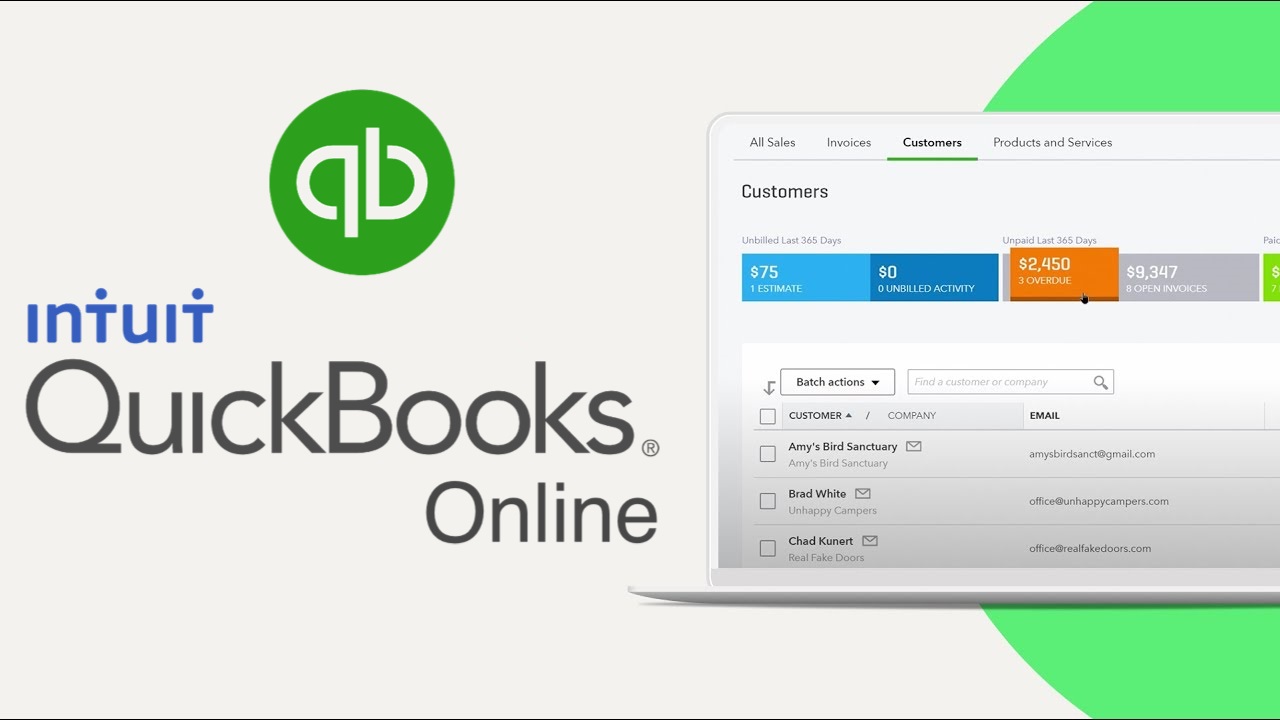Invoicing is an essential part of running a small business. It is the process of billing customers for products or services provided and tracking payments received. Invoicing is important because it ensures that your business gets paid on time and helps you keep track of your finances. Here are 10 things that small business owners need to know about invoicing:
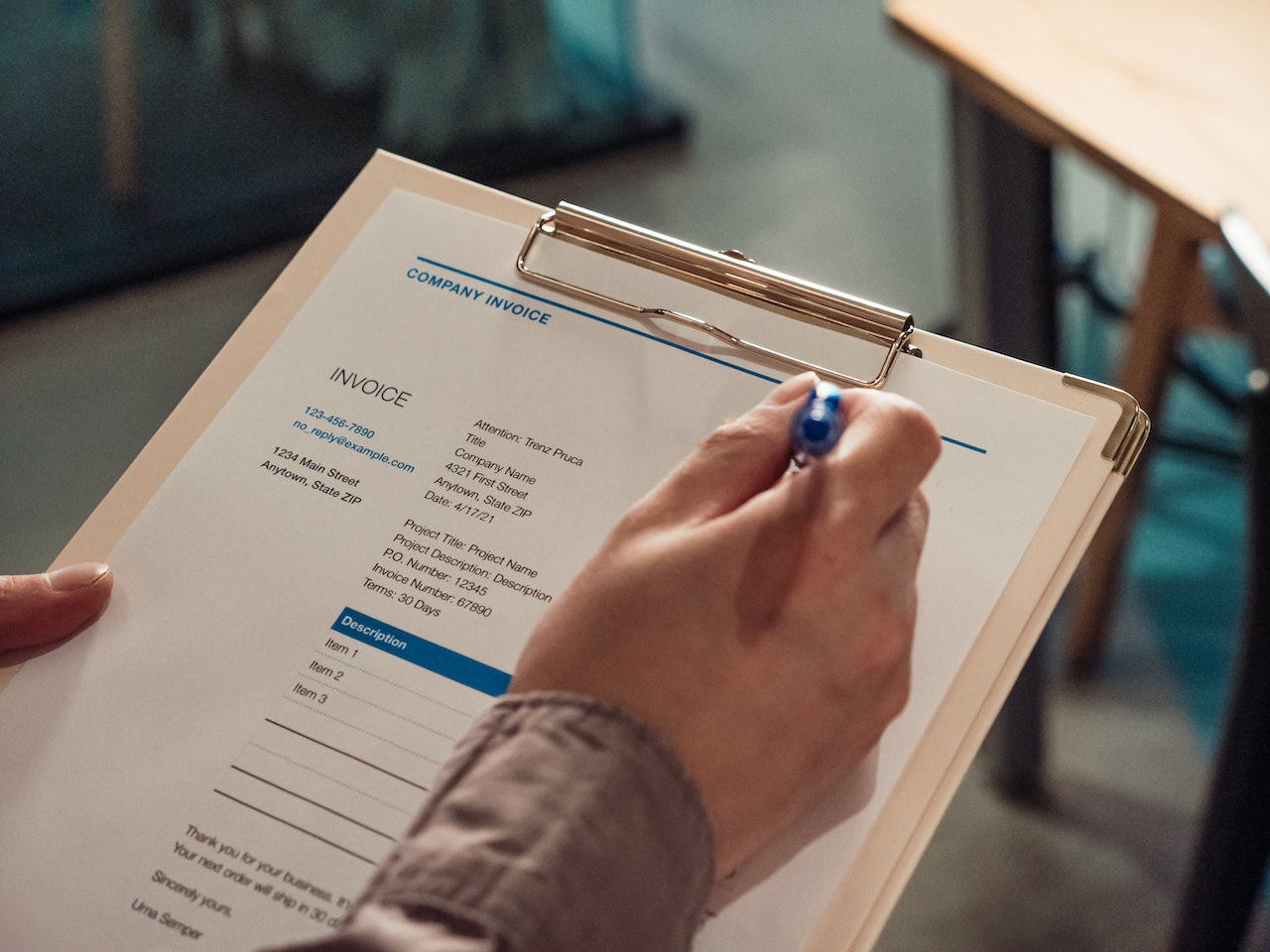
01. The Basics of an Invoice :
An invoice is a document that outlines the products or services provided by your business and the amount due for those products or services. It should include the customer’s name and address, a description of the products or services provided, the date of the invoice, the amount due, and the payment terms.
02. Timely Invoicing :
Timely invoicing is essential to ensure that your business gets paid on time. You should invoice customers as soon as possible after the products or services have been provided. This not only helps you get paid faster but also demonstrates professionalism and good business practices.
03. Clear Payment Terms :
Your invoice should clearly state the payment terms, including the due date and any late payment fees. This helps ensure that the customer knows when payment is due and what the consequences are for late payment.
04. Acceptable Payment Methods :
It is important to provide customers with multiple payment options, including credit cards, PayPal, and bank transfers. This makes it easier for customers to pay and helps ensure that you receive payment in a timely manner.
05. Itemized Invoices :
Itemized invoices provide a detailed breakdown of the products or services provided and the associated costs. This helps customers understand what they are paying for and can help prevent disputes over billing.
06. Consistent Invoicing :
Consistency in invoicing is important to ensure that customers understand the process and can easily recognize your business. Use the same format and design for all invoices to maintain a professional image.
07. Invoice Numbering :
Each invoice should have a unique number to help you keep track of your finances and to make it easier to identify specific invoices when communicating with customers.
08. Late Payment Policies :
Your invoice should clearly state your late payment policies, including any interest or fees that may be charged for late payments. This helps ensure that customers understand the consequences of late payment and encourages timely payment.
09. Automated Invoicing :
Automated invoicing can save you time and reduce errors by automatically generating invoices and sending them to customers. This can help ensure timely invoicing and payment.
10. Professional Invoicing Software :
Using professional invoicing software can help streamline the invoicing process and make it easier to track payments and outstanding invoices. This can save you time and help you keep track of your finances more effectively.
Also Read : Step by Step : Tax Deductions for Doctors.
In conclusion, invoicing is an essential part of running a small business. By following these 10 tips, you can ensure that your invoices are professional, clear, and effective at ensuring timely payment. This can help you maintain a positive cash flow and keep your business running smoothly.
